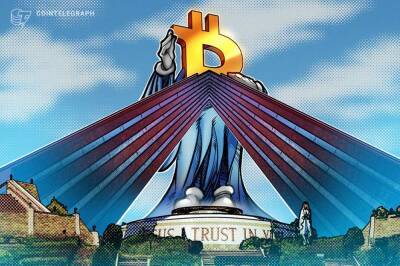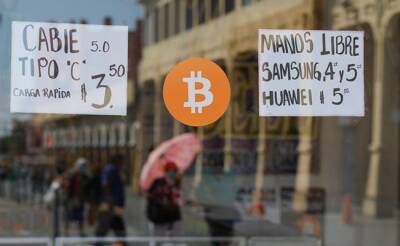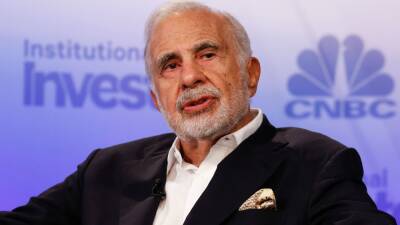How Silicon Valley’s Russia crackdown proves its power – and its threat
Less than a day after Russia launched an invasion of Ukraine, the head of security at Meta (formerly Facebook) announced the company would no longer accept ad money from Russian state media outlets like Russia Today and Sputnik. Twitter said it would pause all ads from both Russia and Ukraine. Andthe next day, 26 February, YouTube quietly shared that it had begun blocking a handful of Kremlin-run media outlets from monetizing and running ads on their channels too.
It was the start of a cascade of corporate denials of service: one after the other, prominent social media and tech companies intensified restrictions on Russian state media’s presence on their platforms. Even major internet infrastructure firms, such as the domain registrar Namecheap and the internet services provider Cogent, told their Russian customers to take their business elsewhere.
Over the next week, the corporate actions against Russia intensified. Kremlin-backed media outlets were blocked from buying ads on Google search and Google removed the Russia Today (RT) and Sputnik news apps from its Google Play store in Europe. Apple did the same in its App Store. Spotify removed all content produced by Russian state media. DirectTV and Roku stopped running RT America. Netflix, Snapchat, Microsoft and many others followed suit, one way or another, in removing the Kremlin-backed media channels from their platforms.
At Harvard’s Shorenstein Center, we started tracking the response of major tech firms to the war in Ukraine since the invasion two weeks ago. We found that companies attributed their decisions to remove Kremlin-backed media or cut their services in Russia in an effort to combat the spread of harmful disinformation by Russian actors, to stand in support
Read more on theguardian.com





















